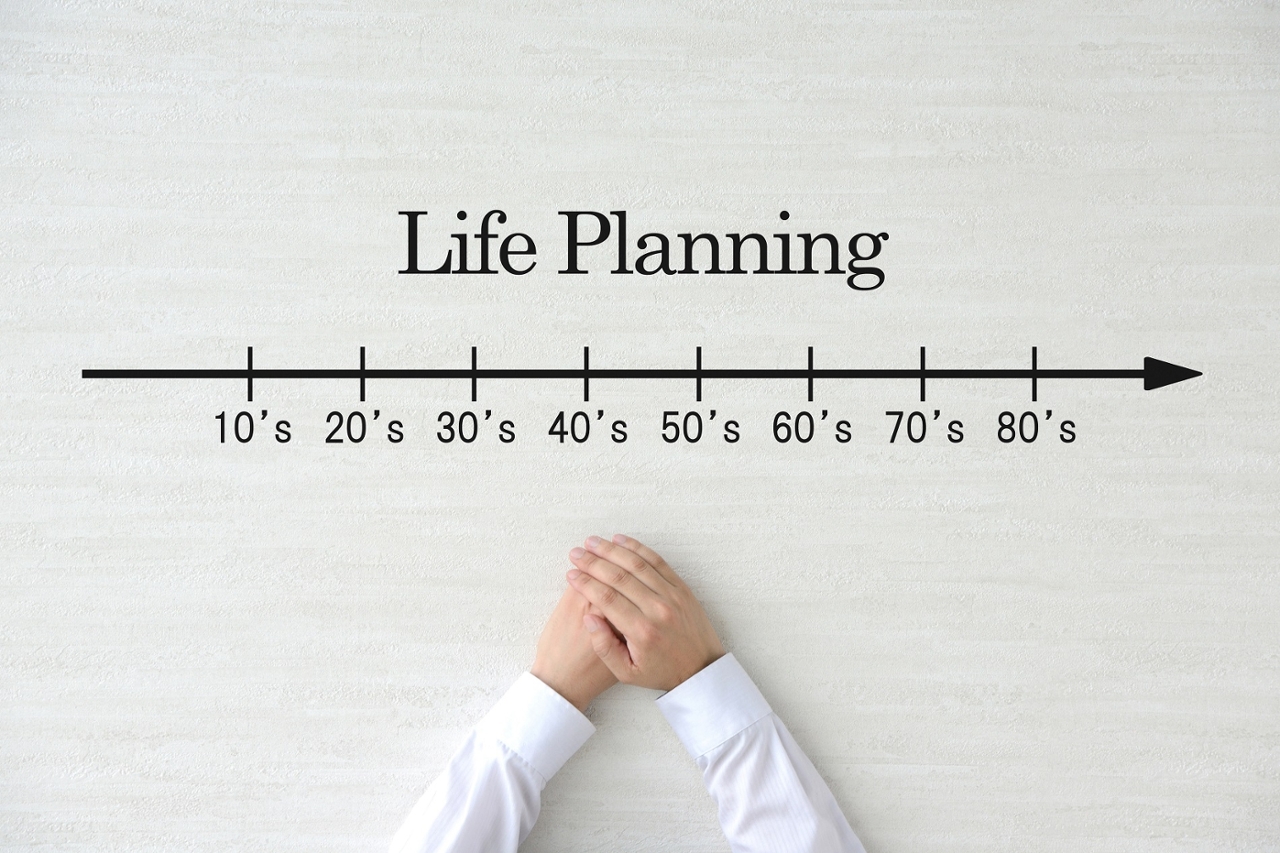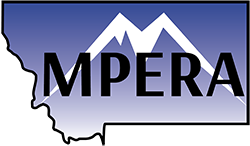
No matter if you’re in your early 20s, about to retire or are already retired, planning is key to ensuring you achieve financial security during retirement. Start planning today.
In Your 20s
- Establish a budget
- Keep track of your expenses to see how much you spend
- Learn to pay yourself first
- Work toward saving three to six months of pay as an emergency fund
- Avoid Credit Card Debt
- Take advantage of benefits provided by your employer, such as short-term and long-term insurance, health care benefits, dental plans and retirement plans.
- With as little as $20 a month, start a retirement savings plan by enrolling in the State of Montana’s 457(b) Plan
- Establish a login to your Online Retirement Account and 457 plan.
- Check Your Progress and keep beneficiary and address information up to date
In Your 30s
- Evaluate current and future insurance needs.
- Attend Retirement Education seminars.
- Sign up for online 457(b) statements and review your defined benefit annual statement.
- Review your credit report – Request one at AnnualCreditReport.com.
- Get used to using a budget. Try this budget tool or find one you like.
In Your 40s
- Evaluate and track savings goals using Retirement Goal Setting Calculator.
- Evaluate your investment strategies which may change as you get closer to retirement.
- Find out how increasing your pre-tax contribution to the 457(b) would affect your take home pay. You can review the additional savings you gain each pay period by saving pre-tax dollars.
- Increase your contributions to your 457 plan.
- Review your beneficiary designation by accessing your accounts online.
In Your 50s
- In the year you become 50 years of age, you can save more in your 457(b) plan using 50 Catch-Up and later take advantage of Special Catch Up. Contact the Plan for more information.
- Learn about your retirement benefit payout options.
- Attend the "Ready to Retire Seminar" designed for employees within 10 years of retirement.
- Log in to your Social Security account to review your information and potential benefit.
In Your 60s
- Attend a Social Security seminar.
- Make yourself familiar with retiree health insurance options, including Medicare.
- Consider a final deferral to the 457(b) Deferred Compensation. If your employer pays you for unused accrued leave when you retire, whether sick leave, vacation leave, or both, you may make a final deferral of accrued leave pay (up to the annual limit).
- Review beneficiary information and make necessary changes by logging into your accounts on line or contact the plan for paper beneficiary designation forms.
- Apply for your MPERA retirement benefit, three to four months before ending employment.
In Your 70s
- Apply for social security if you have not yet applied. Social Security benefits do not increase after age 70.
- In the year you become 73 and are no longer working you are required to start taking Required Minimum Distributions (RMD) from your 457(b) Plan, as well as from any additional accounts you own requiring an RMD, such as a 401k and 403b plans and Traditional IRA’s.
- Use a budget and adjust expenses to match your retirement income.
- Check to make sure your investments strategy is appropriate for your needs and risk level.
- Review beneficiary information and make necessary changes by logging into your accounts online or contact MPERA for a beneficiary designation form.
- Make sure you are receiving annual 1099-R incoming reporting forms each year you are receiving Defined Benefit payments or Deferred Compensation distribution payments.
